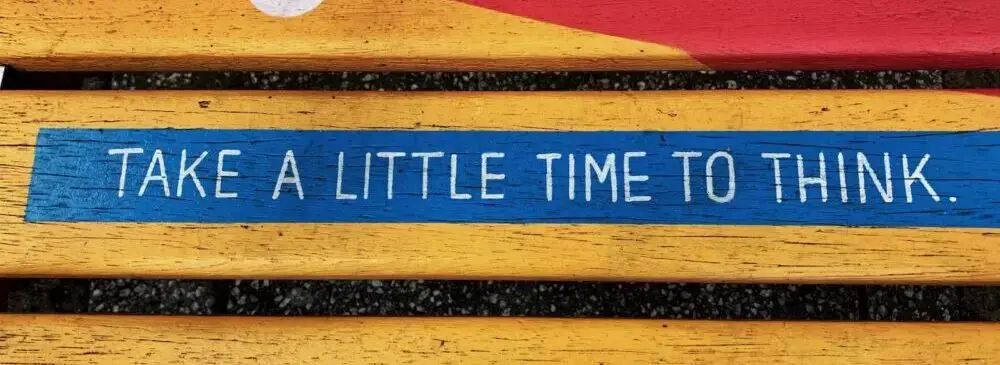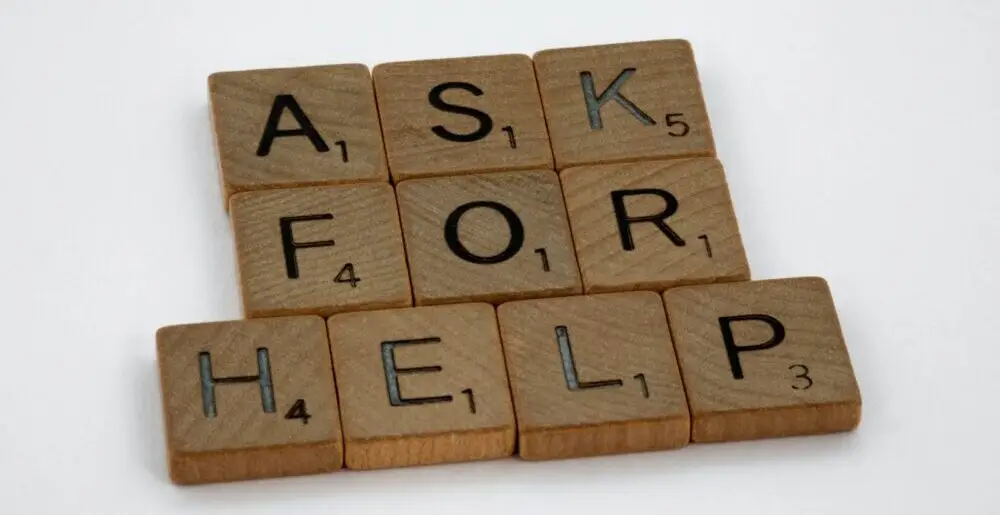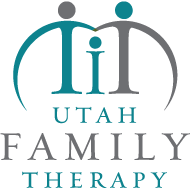Understanding Attention Deficit Disorder (ADHD)

Introduction
Prevalence of ADHD
Chances are, you will know multiple people throughout your life who have ADHD.
With nearly 1 in 10 children diagnosed with it, ADHD has become a common topic for mental health discussions.
Reasons for reading this article
Maybe you are reading this article to understand better what a friend or loved one is going through.
Perhaps you’ve been diagnosed and are now looking into it more, or maybe you think you may have it.
Regardless of the reason, let’s break down ADHD for you.
Understanding ADHD
Definition of ADHD
ADHD stands for Attention-Deficit Hyperactivity Disorder.
Attention Deficit Disorder (ADD), or Attention-Deficit/Hyperactivity Disorder (ADHD) without the hyperactivity component, is a neurodevelopmental disorder characterized by persistent inattention, distractibility, and difficulty sustaining attention or completing tasks.
Individuals with ADD may struggle with organizing and prioritizing tasks, maintaining focus, and following through on instructions or activities.
It can affect children and adults and may cause challenges in various areas of life, including academics, work, relationships, and daily functioning.
3 Categories of Symptoms
People who are diagnosed with ADHD experience symptoms related to 3 categories:
- Attention Difficulties – Difficulty paying attention (hard to finish tasks, following instructions, easily distracted, etc.)
- Hyperactivity – Experiencing hyperactivity (hard to sit still, fidgety, etc.)
- Impulse Control Issues – Difficulty controlling impulses (engaging in harmful behavior, quickly acting on emotions without thinking through them, etc.)

Types of ADHD
You can be diagnosed with three different types of ADHD depending on which categories of symptoms you identify with most:
Type 1: Inattentive Type
This refers to difficulty sustaining attention and focusing on tasks or activities. People with inattentive ADHD may have trouble staying organized, paying attention to details, following instructions, and completing tasks. They often seem forgetful, easily distracted, and may frequently lose things.
Type 2: Hyperactive/Impulsive Type
This category describes symptoms related to hyperactivity and impulsivity. Hyperactivity involves excessive and often restless physical movement, difficulty sitting still, and a constant need for activity or stimulation.
Impulsivity refers to acting without thinking through the consequences, making hasty decisions, and having difficulty controlling immediate reactions. People with the hyperactive/impulsive type of ADHD may appear restless and fidgety and tend to interrupt or blurt out answers.
Type 3: (The Most Common) Both
It’s important to note that these categories are not mutually exclusive, and many individuals with ADHD may exhibit symptoms from both categories (inattention and hyperactivity/impulsivity).
The combined type of ADHD is the most common diagnosis, where individuals experience symptoms from both categories.

ADHD in Children and Adults
Common Diagnosis in Children. Increased Diagnosis in Adults Due to Improved Awareness
ADHD is most commonly diagnosed in children, but more adults are being diagnosed with the disorder than in previous years.
That is primarily due to increased awareness of the symptoms that have been undiagnosed for most of the adult’s life.
Many people wonder what causes ADHD, and the research is still unclear.
Possible Causes of ADHD
Role of Genetics & Environment
Many researchers suggest that genetics play a significant role in the development of the disorder, citing environmental factors as exacerbators of the symptoms.
For instance, if you were a child growing up in a stressful home environment, experiencing that stress would likely make it even harder to focus and regulate emotions.
Diet, lack of sleep or exercise, and high screen time are being investigated as other factors that worsen symptoms.
As of right now, it seems possible that such correlations exist.

Understanding ADHD Symptoms
Differentiating Between Normal & ADHD
An important distinction to make here:
- We ALL have moments where it is hard to concentrate.
- We feel fidgety.
- We make impulsive decisions.
If you had ADHD, you would experience these symptoms to a more extreme frequency, likely causing significant impairment in your day-to-day functioning.
Left untreated, ADHD can cause problems in people’s personal, social, occupational, and romantic lives.
However, there is a lot of good news for people with ADHD.
Managing ADHD & Seeking Treatment
With proper treatment, symptoms can become manageable; many people even report feeling they can use their ADHD to their advantage.
Many quickly say that ADHD is less of a sign that something is wrong with your brain and more that your brain works differently than what would be considered neurotypical.
Embracing ADHD
View Attention Deficit Disorder as Brain Functioning Different
Psychotherapy can be incredibly helpful in helping you to understand better how you can leverage ADHD and manage your symptoms.
For many, it is about shifting your beliefs about ADHD. When you look at ADHD as a sign that you are “broken,” “a failure,” “a problem,” or “incapable,” then it becomes so difficult to adapt and feel empowered. But having ADHD does not have to rule your life.
With effort and greater understanding, you can know you are competent, creative, efficient, successful, and filled with enormous potential.

Define Yourself Beyond ADHD
With any mental health challenge, we can either define ourselves by the challenge or recognize the challenge as one of many parts of our human experience.
While a doctor can only officially diagnose, like a psychiatrist, many therapists have received training to help you manage ADHD symptoms.
Seek Professional Help 801.901.0279
If you or a loved one needs help with ADHD, contact Utah Family Therapy 801.901.0279 and schedule an assessment with one of our therapists, who can provide the necessary resources and tools you need.
https://www.psychiatry.org/patients-families/adhd/what-is-adhd
